Fact Check: The truth behind free range labelling
Could free range eggs and meat disappear from UK stores?
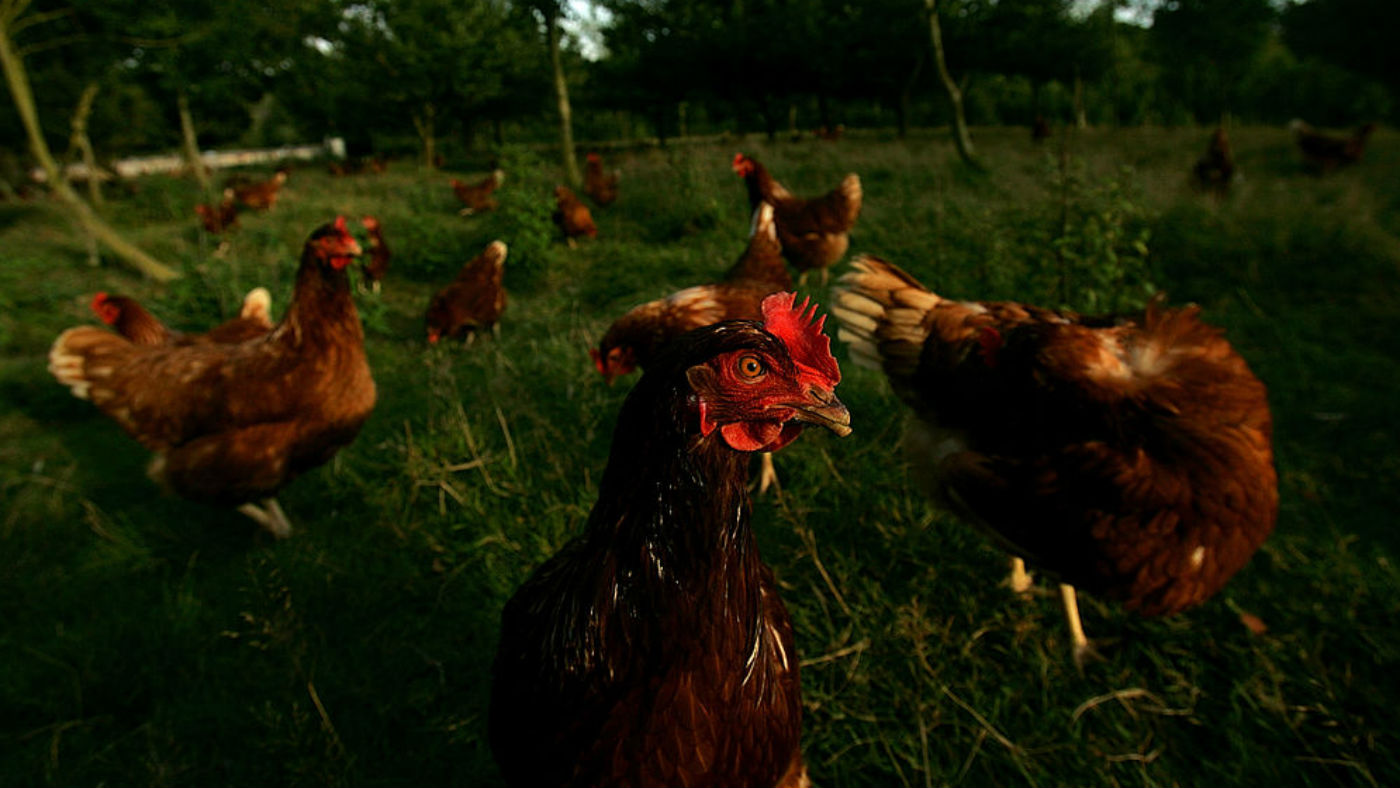
A free daily email with the biggest news stories of the day – and the best features from TheWeek.com
You are now subscribed
Your newsletter sign-up was successful
There is growing confusion surrounding free range labelling, with several newspapers predicting that free range products could soon disappear from supermarket shelves.
The situation was triggered by an outbreak of avian flu in Europe last year, which forced poultry farmers to house their hens indoors. These birds are currently still classed as free range, but if the hens are not allowed outside by the end of the month, they will lose their prized status.
"The impact that this will have on the British free range poultry industry has huge long term implications," warned the National Farmers Union's Chief Poultry adviser Gary Ford.
The Week
Escape your echo chamber. Get the facts behind the news, plus analysis from multiple perspectives.

Sign up for The Week's Free Newsletters
From our morning news briefing to a weekly Good News Newsletter, get the best of The Week delivered directly to your inbox.
From our morning news briefing to a weekly Good News Newsletter, get the best of The Week delivered directly to your inbox.
But what does all this mean for consumers and the future of free range labelling?
What are the facts?
After the first UK case of the H5N8 virus was reported in December, the Department for Environment, Food and Rural Affairs (Defra) issued a prevention zone order in England to try to halt the spread of the disease.
This meant that free range hens, which had previously been allowed to roam outside in fenced areas during the day with at least four square metres of space each, had to be kept indoors 24 hours a day.
A free daily email with the biggest news stories of the day – and the best features from TheWeek.com
The order was initially forecast to last 30 days, but was extended for another month in January.
What does this mean for free range labelling?
The BBC reported this week that producers are currently putting stickers on their eggs and meat, so consumers are aware that the birds are being "temporarily housed" for their own safety.
Under EU law, if the hens are forced to remain indoors after 28 February they can no longer be labelled free range and will have to be branded "barn-reared" instead.
"For now, the stickers and signs are within regulations, but… it is uncertain how long stickers can be used after the end of the month, instead of full package redesigns," says the BBC.
Will free range eggs disappear from our shelves?
The short answer is no. The government says it will adopt a "more targeted approach" to containment after 28 February, which means that some free range farms will be allowed to release their hens after this date, but others in higher risk areas will still be required to keep birds indoors.
It says three quarters of farms will be allowed to let their birds outside after the end of the month, albeit with added protection measures in place. If this is the case, there is likely to be a drop in the number of products allowed to use free range labelling, but they won't disappear from supermarkets altogether.
-
 Bonfire of the Murdochs: an ‘utterly gripping’ book
Bonfire of the Murdochs: an ‘utterly gripping’ bookThe Week Recommends Gabriel Sherman examines Rupert Murdoch’s ‘war of succession’ over his media empire
-
 Gwen John: Strange Beauties – a ‘superb’ retrospective
Gwen John: Strange Beauties – a ‘superb’ retrospectiveThe Week Recommends ‘Daunting’ show at the National Museum Cardiff plunges viewers into the Welsh artist’s ‘spiritual, austere existence’
-
 Should the EU and UK join Trump’s board of peace?
Should the EU and UK join Trump’s board of peace?Today's Big Question After rushing to praise the initiative European leaders are now alarmed
-
 Fact check: are US migrant detention centres really concentration camps?
Fact check: are US migrant detention centres really concentration camps?In Depth Congresswoman Alexandria Ocasio-Cortez stands by her controversial claim
-
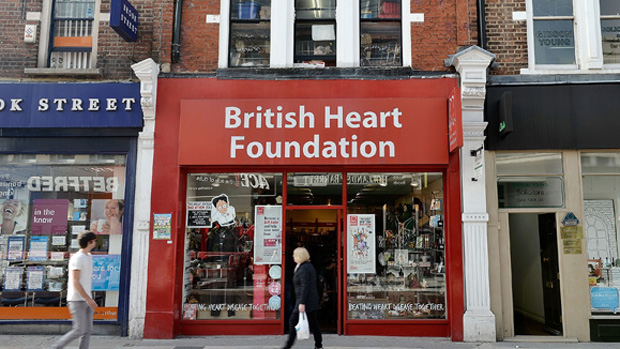 Fact check: how do charities spend your money?
Fact check: how do charities spend your money?In Depth The Week investigates what percentage of donations goes directly to those in need
-
 Fact Check: Are far-right groups the biggest US terror threat?
Fact Check: Are far-right groups the biggest US terror threat?In Depth In Depth: New Jersey senator claims white nationalists behind majority of attacks since 9/11
-
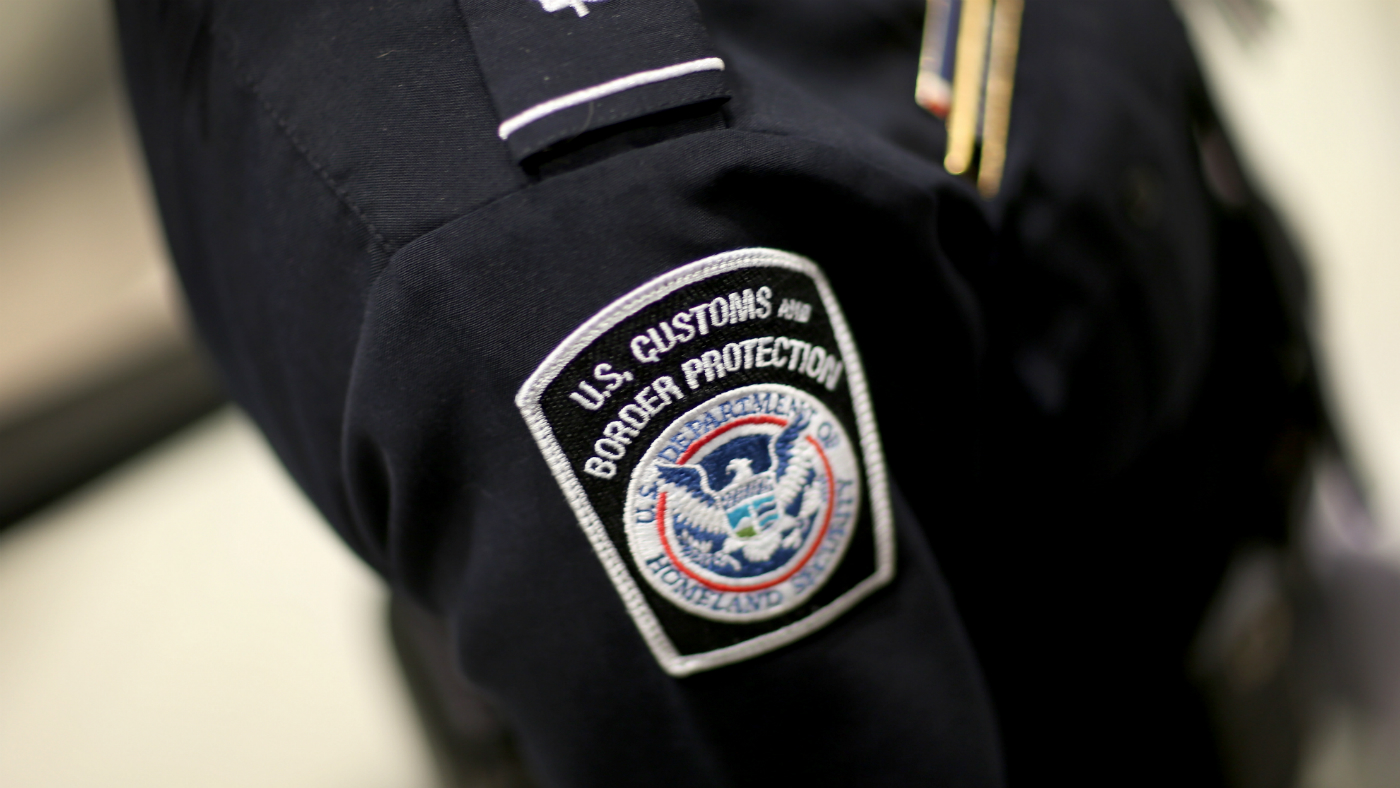 Fact Check: Do terrorists exploit the US green card lottery?
Fact Check: Do terrorists exploit the US green card lottery?In Depth The US visa programme that has sparked Donald Trump’s ire
-
 Fact Check: Did UK’s ‘better educated’ vote Remain?
Fact Check: Did UK’s ‘better educated’ vote Remain?In Depth Labour MP’s linking of education levels to pro-EU votes sparks outrage
-
 Fact Check: The truth about NHS staff shortages
Fact Check: The truth about NHS staff shortagesIn Depth Is the health service facing an unprecedented workforce crisis? The Week looks at the figures
-
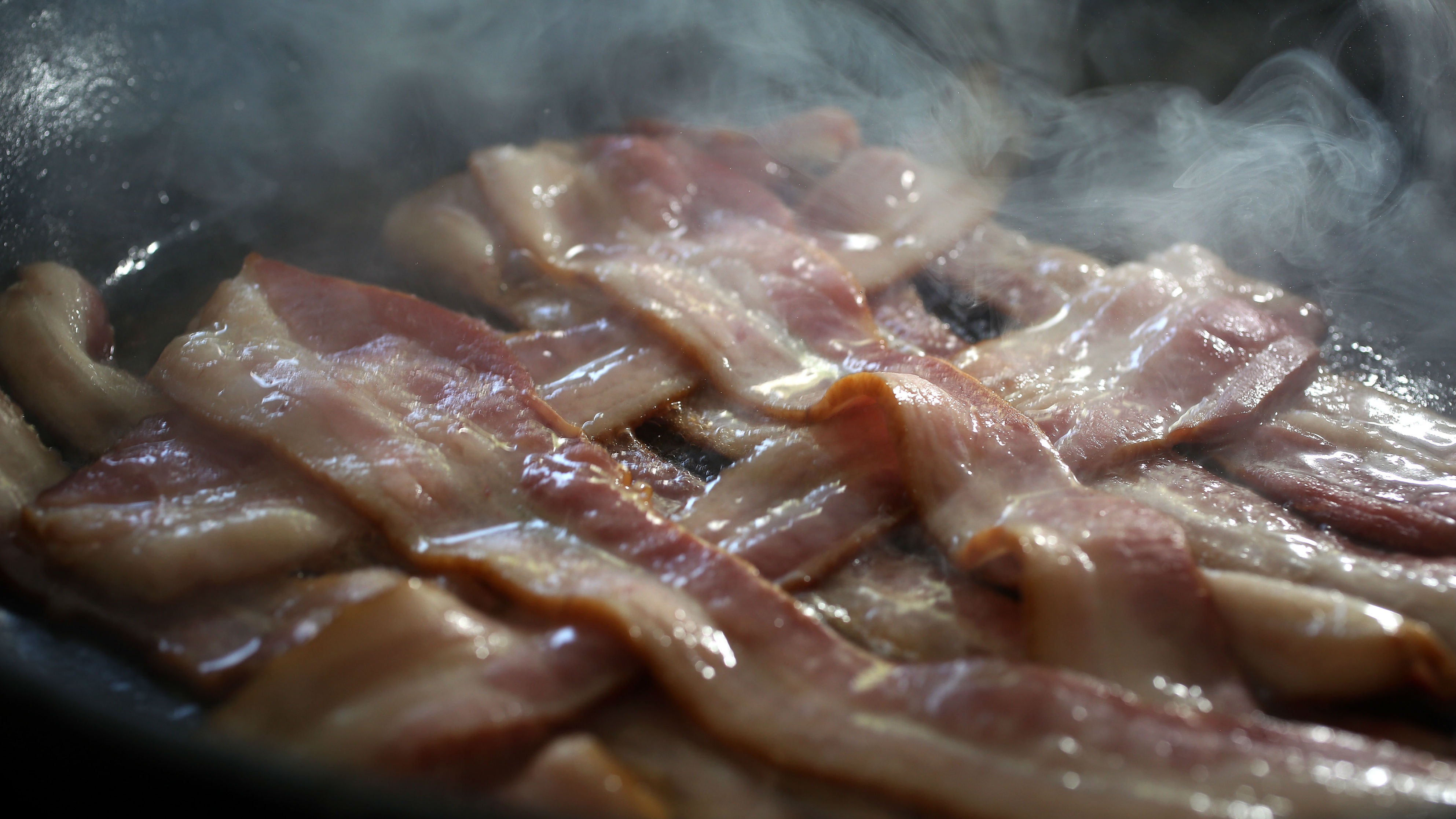 Fact Check: The truth about saturated fat
Fact Check: The truth about saturated fatIn Depth The Week checks out a controversial report that claims saturated fats do not increase heart risk
-
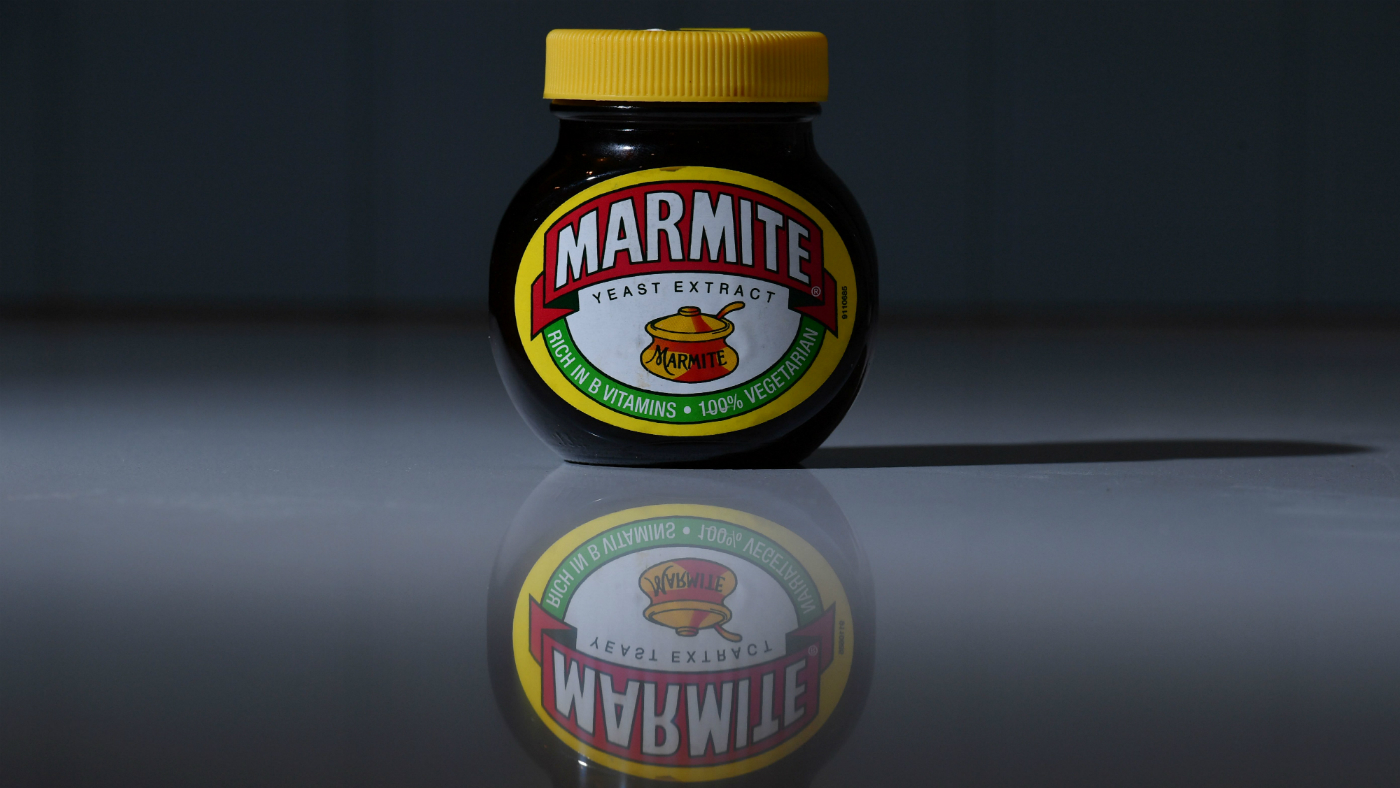 Fact Check: The truth behind Marmite's brain-boosting properties
Fact Check: The truth behind Marmite's brain-boosting propertiesIn Depth Papers say the spread could prevent dementia, but critics accuse the press of laying it on thick